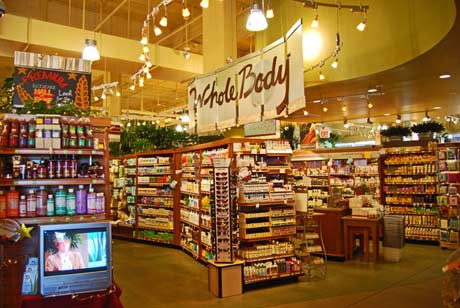The North American market for natural and organic personal care products is recovering from the financial crisis, with sales exceeding US $5 billion for the first time last year, Organic Monitor reported.
According the market research firm, healthy growth rates are resuming, after the stagnation in 2009. In its new market analysis report, Organic Monitor forecasts North American revenues to reach US $8 billion by 2017. “The major drivers of market growth are widening distribution and new product launches. Penetration of natural and organic personal care products is increasing in supermarkets, drugstores, mass merchandisers and club stores,” the company said in a release.
The entry of large multinationals - including Johnson & Johnson and Estée Lauder - contributes to make natural products more accessible and visible to consumers. However, the stronger impact should come from the introduction of retailer private labels. “Two leading supermarket chains have introduced private labels for natural personal care products in the last 18 months, with more expected to follow suit.”

As a consequence, the market-share of natural and organic products is expected to raise to 10% in many product categories.
However, the product offering remains highly fragmented with over 600 brands currently present in the North American market, while very few have significant market share. “A two-tier market has developed, whereby large brands are occupying the first tier and small-medium size firms are in the second tier. The gap between the tiers is widening as large brands – such as Burt’s Bees and Bare Escentuals – use capital inflows to expand market share,” explains Organic Monitor.
As far as certification, the North American market continues to lag behind its European counterpart. Organic Monitor finds the adoption rate of standards rising; about 8 percent of natural and organic personal care products were certified in 2010, up from 4 percent in 2007. The Natural Products Association (NPA) standard is the most popular, adopted by about 30 companies. Most certified products are however those of imported brands, such as Weleda and Dr. Hauschka. However, interest in standards is rising as more retailers demand certified products.




























